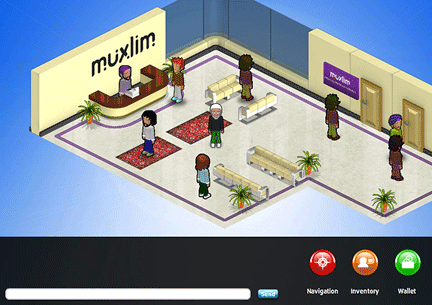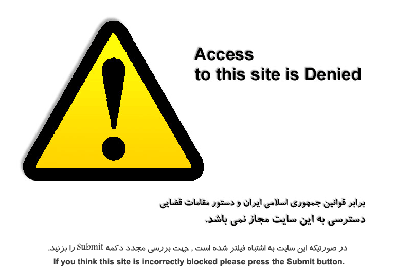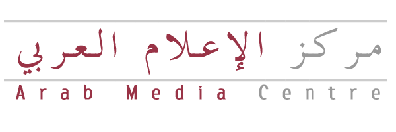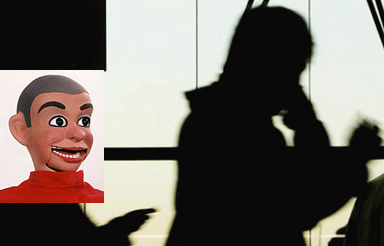
[The website Muslim-Americans for Obama was created by Zeba Khan and welcomes members who share their goal of electing Senator Obama President. Here is their mission statement]
Although there is only a short period of time until the election on November 4th, there is much work to be done for supporters of Barack Obama’s candidacy. Muslim-Americans for Obama (MAFO 2008) was formed to offer a vehicle for Muslim-Americans to mobilize quickly and effectively so that our community turns out in great numbers for Barack Obama on Election Day. Given the role that “being a Muslim” has played so far in this campaign (most frequently as a slur or ‘allegation’ that Obama is himself a ‘secret’ Muslim), we also wanted to create a space that rises above such sophomoric and hateful rhetoric, in order to assert the following core beliefs:
• That we support Barack Obama because, among other reasons, he rejects the politics of fear, challenging our nation to embrace its collective identity, where each American has a stake in the success and well-being of every American.
• That we have a duty both as Muslims and Americans to organize and vote.
• That our role and responsibility as concerned American citizens in this or any election should not be to silence our voice, out of fear of being ‘spoilers’ or of being identified as a Muslim: this succumbs to anti-Muslim fear-mongering that will only fester in continued ignorance.
• That we have the same rights to petition and assemble endowed by the Constitution as do the Christian, Jewish, Hindu, Agnostic, or Atheistic communities, or any community for that matter.
• That, until the Muslim-American community is effectively organized in the United States, it will continue to be vulnerable to slurs and misperceptions and our many contributions and service to this country we love will go unnoticed.
While we are taught like every American to respect and embrace freedom of speech, we will not tolerate hate speech on MAFO 2008. Our goal is as serious as it is urgent: to register our voice and support for Barack Obama in this historic election. We do not have the luxury of time to engage those who stoke the politics of fear to divide our country and marginalize hard-working Americans who happen to be Muslim.








